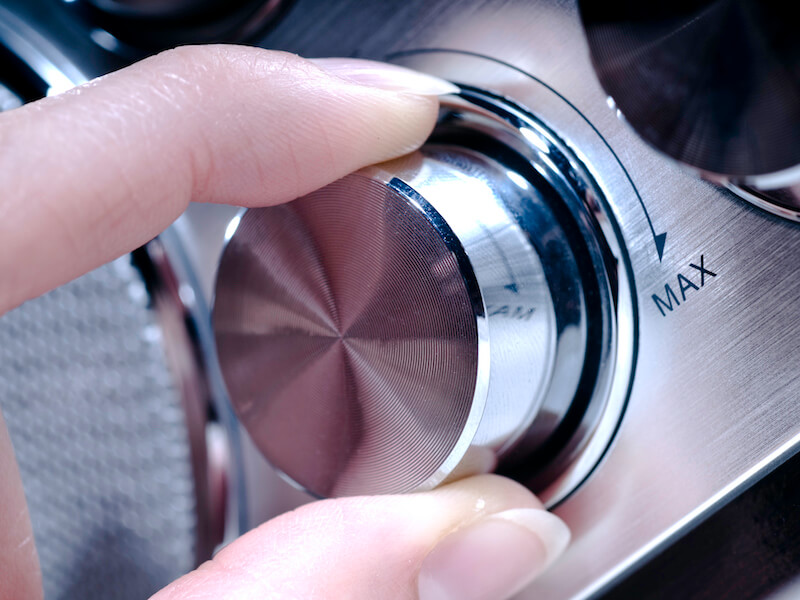In some cases, it’s easy to recognize when you need medical advice. When you break your leg, for instance, you know you should go to the doctor (or the emergency room, depending on the situation). You might need a splint or a cast or supportive device, but the thing is that you’re unlikely to try “toughing it out”. At least, not for very long (particularly if you want your bones to repair themselves properly).
It’s not always that obvious with regard to hearing aids, however. Hearing loss is normally a developing condition. This means recognizing when to get treatment for hearing loss can be tricky.
That’s why it’s a good idea to watch out for some specific signposts that you might be losing your ability to communicate. If you observe any, it may be time to talk to us about your first set of hearing aids.
Hearing aids and hearing loss
Hearing aids are the primary form of treatment for hearing loss. But everybody who has some degree of hearing loss won’t automatically need hearing aids. In situations where patients have very mild hearing loss, hearing aids won’t always be helpful. We might want you to hold off on using hearing aids as a result. Likewise, you might be instructed to wear hearing aids only in certain situations.
In other words, the threshold for requiring hearing aids isn’t always a diagnosis of hearing loss.
However, hearing aids will be the best solution in many instances. Many individuals won’t have their hearing loss diagnosed until it becomes more severe because hearing loss develops gradually and often goes undetected for a while. But if you come in to see us regularly, you might be able to catch your hearing loss early, and, because of this, you might not require hearing aids immediately.
And if that’s the case, you’re probably thinking: how can I tell if I need hearing aids?
You need hearing aids if you experience these signs
Hearing loss is one of those conditions that can produce instant communication obstacles. But a lot of times you don’t even realize that hearing loss is the cause of those communication issues. So, at what point will a hearing aid help you?
Here are some of the typical signs you should watch out for:
- You listen to the radio or TV at really loud volumes: If you’re continuously turning the volume up on your television or radio or smartphone, it might be because of hearing loss. This is particularly true if you keep turning that volume knob higher (and even more especially relevant if the people around you complain about how loud your media is).
- You have a tough time hearing conversations in noisy places: This is probably one of the most prevailing symptoms of hearing loss. If you have difficulty hearing conversations in noisy places, that’s often a sure sign that you have hearing loss. This occurs because your ears aren’t getting as much information as they used to, and your brain isn’t really able to fill in the gaps as easily. Because of this, there’s a lot of muddled conversations.
- You have trouble understanding what people are saying: Many individuals feel like the overall volume of life is fine so they never imagine that they may have hearing loss. But the thing about hearing loss is that specific frequencies of sound often go before others. Which means that the great majority of sounds might seem normal but things in the high frequencies (such as particular vowels) will be distorted. This could cause you to have a tough time making out what people are saying.
- Phone conversations sound muffled: Voices typically sound a little flat on even high-quality phone speakers. That can make it hard to understand, especially if you have hearing loss. It can be very difficult to hear voices as a result of the loss of these frequencies.
So what should you do?
When you break your leg, it’s clear cut what to do: you go to the doctor! But what about when you experience these signs that you may need a hearing aid? How bad does hearing loss have to be to call for a hearing aid? Well, that’s hard to answer, but when you start noticing these symptoms, it’s a good idea to schedule an appointment with us. We will be able to inform you about how severe your hearing loss is.
And if you do end up needing hearing aids, a hearing exam will help determine the best device for your hearing needs. This means you’ll be able to get back to spending quality time with your friends and loved ones, you’ll hear your grandkids when they give you a call, your co-workers at your morning meeting, and your friends at the pub.
Call us for a hearing exam so we can help you improve your quality of life.
